Compassionate Use: The Ethics and Logistics of Using Investigational Medical Products Outside of Clinical Trials was the topic of CCTST Grand Rounds March 16, 2018.
Featured presenter was Alison Bateman-House, PhD, MPH, MA, assistant professor in the Division of Medical Ethics, Department of Population Health, NYU Langone Health.
Upon completion of the program, participants were able to explain the process of requesting non-trial use of an investigational medical product (aka compassionate use); discuss the recent legislative and regulatory shifts that are impacting companies' willingness to provide non-trial access to their investigational medical products; and describe the challenges that compassionate use poses for clinicians, investigators, companies, patient advocacy groups, regulators, and investors.


